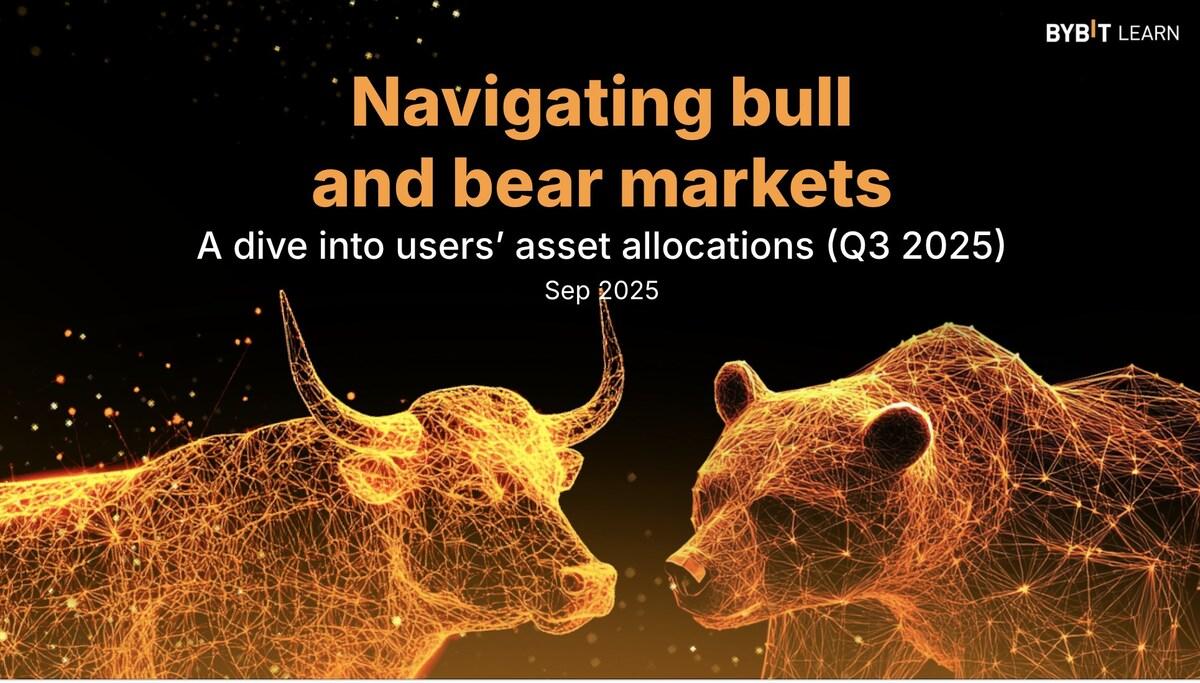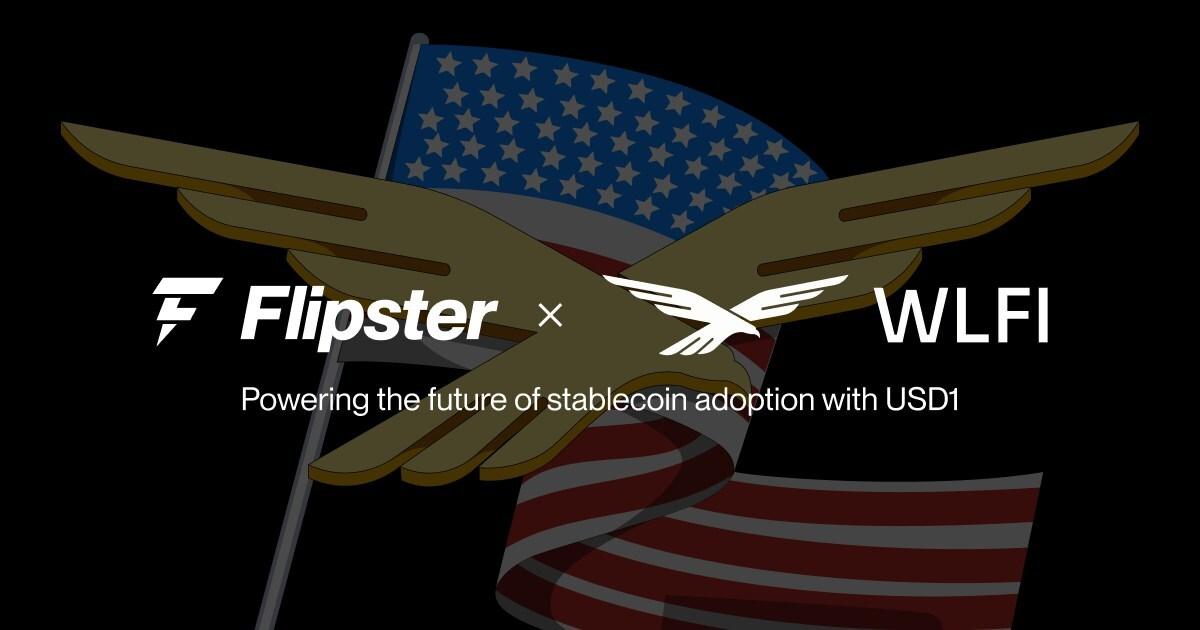Aurora Labs’ First Startup Cohort Illustrates The Potential Of No-Code Blockchain Development

Source: Depositphotos
Aurora Labs has showcased what’s possible with its simple, no-code blockchain development platform, introducing the first cohort of startups to emerge from its six-week Aurora Blocks Incubator program.
Each of the new startups has created its very own EVM-compatible Virtual Chain using the Aurora Cloud Console, which is a plug-and-play framework for quickly building fully customizable decentralized networks.
Aurora launched the Cloud Console in January, pitching the idea that decentralized application developers can use it to quickly spin up their own, dedicated blockchain infrastructure, tailored to the needs of their dApps. In doing so, those developer teams can focus their full attention on their dApp’s functionality, without worrying about the overheads that normally come with creating a blockchain, or working within the confines of an existing network that struggles with scalability, such as Ethereum. The Aurora Cloud Console will generate all of the underlying code and deploy the customized blockchain as a Virtual Chain on NEAR Protocol’s high-performance, EVM-compatible network, with rapid transaction speeds and enterprise grade security.
Aurora’s Virtual Chains can be further refined with a series of Web3 plugins available in the Cloud Console Marketplace, where developers can integrate ready-made services such as decentralized identity protocols, reputation management, compute, domain name services and so on, with just a couple of clicks.
In this way, Aurora is setting a new standard for blockchain accessibility, eliminating the need for extensive engineering and programming skills, so anyone can build a dedicated chain for their dApp.
Who’s Building Virtual Chains?
Aurora launched the Aurora Blocks Incubator to encourage dApp developers to see what they can build with its unique platform. The program offers access to Aurora’s infrastructure, partner mentorship and strategic support – including grants – and after six very busy weeks, it unveiled its first cohort at a special Demo Day event last month.
— Aurora (@auroraisnear) July 31, 2025
The five projects span a wide range of blockchain applications. For instance, Optima Financial says it’s the first EU-regulated tokenized investment platform, offering DeFi users the chance to engage with hedge fund-level investing strategies and “earn like the top 1%”. The strategies are bundled into separate tokens that are automatically rebalanced and traded as regulated blockchain certificates. For instance, the OP20 token is a basket of the top 20 performing cryptocurrencies, excluding stablecoins and wrapped tokens, while OPAI is a basket of tokens designed to power blockchain-based AI projects. Optima Financial built its protocol atop of the Optima Virtual Chain to ensure speed and stability, with governance powered by its native OPTIMA token.
Another interesting project is Sproutly, which is the first UN-verified carbon credit platform, offering access to tokenized CO2 offsets and trees, targeting companies striving to achieve their net-zero targets. Sproutly aims to bring real-world climate impact on-chain, with its NFTrees certified by agroforestry systems, incentivizing carbon capture projects by translating them into real-world yield.
Meanwhile, EasyChain is all about easing Web3 accessibility, simplifying the way non-crypto natives interact with decentralized networks. It abstracts away all of the complexity involved in blockchain, so newcomers can participate in gamified quests and earn social rewards within a familiar, Web2-like environment.
While the above projects are all building on existing ideas, a couple are forging new concepts entirely. For instance, Tradable is a consumer-focused, automated crypto trading platform powered by artificial intelligence, designed to help anyone better navigate the volatility of the crypto markets. Its Aurora-based Virtual Chain is designed to perform encrypted, on-chain AI queries, processing them privately off-chain before returning the results to the network, ensuring verifiable market insights with maximum privacy for users.
As for Omega Network, it’s pioneering a novel “hybrid Layer 1.5” architecture that aims to simplify DeFi development. It’s a high-performance, sovereign network that unifies liquidity and scalability and streamlines real-world asset integration. Omega promises to solve common problems developers face on existing networks, such as slow and expensive transactions (Ethereum), a lack of composability (Avalanche) and a lack of sovereignty (Arbitrum), while enabling frictionless dApp development.
What’s Coming Next?
The first cohort dramatically enhances the utility available within Aurora’s nascent ecosystem of Virtual Chains, but more importantly they demonstrate its infrastructure’s ability to support the kinds of sophisticated dApps found on more established networks such as Ethereum, Solana and Avalanche. The Demo Day pitches can be viewed on Aurora’s YouTube channel.
While Aurora Aurora Blocks Incubator will now turn its attention to identifying candidates for its second cohort, Aurora Labs promised it will continue to support the growth of the original five, in line with its grand ambition to foster an ecosystem of as many as 1,000 Virtual Chains by the end of the year.
Disclaimer: This article is provided for informational purposes only. It is not offered or intended to be used as legal, tax, investment, financial, or other advice.




